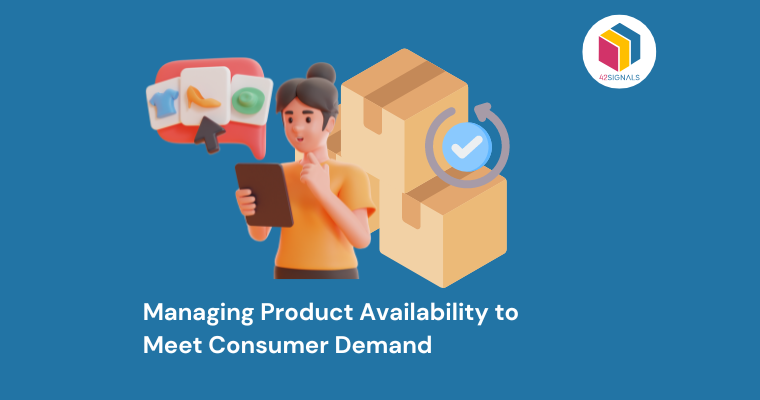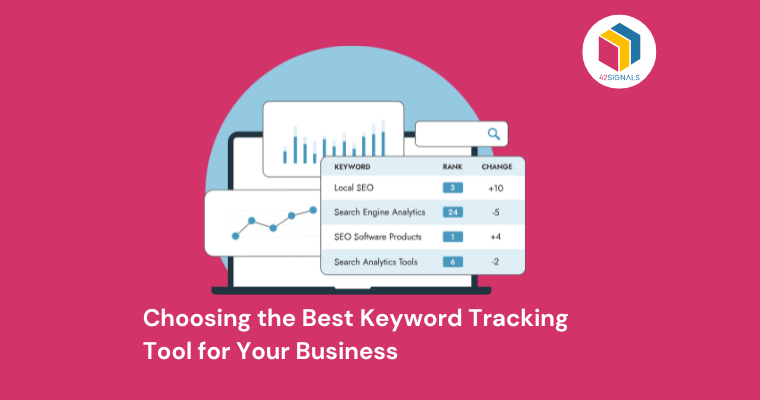In the fast-paced world of ecommerce, staying ahead of the competition requires a deep understanding of your industry and the ability to adapt to ever-changing market dynamics. Competitive benchmarking is a powerful tool that allows ecommerce businesses to assess their performance against competitors, gain valuable insights, and make informed strategic decisions. In this article, we explore the importance of Ecommerce competitor analysis and how ecommerce insights tools can elevate your competitive edge in the digital marketplace.
Understanding the Competitive Landscape: Competitive benchmarking enables ecommerce businesses to gain a comprehensive understanding of their industry’s competitive landscape. By analyzing competitors’ strategies, strengths, weaknesses, and market positioning, you can identify trends, customer preferences, and untapped opportunities. This knowledge empowers you to develop targeted strategies, differentiate your brand, and seize a competitive advantage.
Identifying Best Practices: Through Ecommerce competitor analysis, ecommerce businesses can learn from industry leaders and identify best practices. By studying successful competitors, you can gain insights into their marketing strategies, customer engagement tactics, pricing models, and product offerings. This knowledge provides a benchmark against which you can evaluate your own performance and identify areas for improvement or innovation.
Benchmarking Key Performance Indicators (KPIs): Competitive benchmarking allows ecommerce businesses to measure and compare their performance against industry-specific key performance indicators (KPIs). By tracking metrics such as website traffic, conversion rates, average order value, customer acquisition costs, and customer satisfaction scores, you can assess your relative performance and identify areas that require attention. This analysis helps you set realistic goals, allocate resources effectively, and prioritize efforts to achieve optimal results.
Gaining Customer Insights: A significant advantage of competitive benchmarking is the opportunity to gain valuable customer insights. By analyzing competitors’ customer reviews, feedback, and social media interactions, you can understand customer sentiment, preferences, and pain points. This information enables you to refine your product offerings, enhance customer experiences, and tailor your marketing campaigns to better meet customer needs. By leveraging these customer insights, you can build stronger relationships and drive customer loyalty.
Staying Agile and Responsive: In the rapidly evolving ecommerce landscape, agility is key to staying competitive. Ecommerce competitor analysis allows you to stay informed about industry trends, emerging technologies, and shifts in customer behavior. By monitoring and benchmarking your competitors regularly, you can quickly identify market changes and adapt your strategies accordingly. This proactive approach enables you to seize new opportunities, mitigate risks, and maintain a competitive edge.
Driving Continuous Improvement: Competitive benchmarking fosters a culture of continuous improvement within ecommerce businesses. By regularly assessing your performance against competitors, you can identify areas of underperformance and develop strategies to bridge the gap. Whether it’s optimizing your website’s user experience, refining your pricing strategy, or streamlining your supply chain, competitive benchmarking serves as a catalyst for driving ongoing improvement and innovation.
Role of Ecommerce Insights Tools
To unlock the full potential of competitive benchmarking, ecommerce insights tools play a vital role. These tools provide advanced analytics capabilities, allowing businesses to collect, analyze, and visualize data related to competitors, market trends, and customer behavior. By leveraging such tools, ecommerce businesses can gain real-time insights, identify key metrics, and make data-driven decisions.
Ecommerce insights tools offer a range of features and benefits:
- Comprehensive Data Collection: These tools gather and aggregate data from various sources, providing a holistic view of the competitive landscape. This includes competitor pricing, product catalogs, customer reviews, social media sentiment, and market trends.
- Actionable Insights: Ecommerce insights tools help businesses extract actionable insights from complex data sets. By utilizing advanced analytics techniques, such as machine learning and predictive modeling, these tools identify patterns, trends, and opportunities that can drive business growth.
- Competitive Analysis: Ecommerce insights tools enable businesses to conduct in-depth competitive analysis. By comparing performance metrics, market positioning, and customer feedback, businesses can benchmark their performance against competitors and uncover areas for improvement.
- Strategic Planning: Ecommerce insights tools facilitate strategic planning by providing data-driven recommendations. These tools can identify gaps in the market, suggest product assortment optimizations, and help businesses align their strategies with customer demands.
Ecommerce competitor analysis is essential for businesses looking to gain a competitive edge in the dynamic digital marketplace. By analyzing competitors, identifying best practices, benchmarking key performance indicators, gaining customer insights, and staying agile, businesses can drive continuous improvement and achieve sustainable growth. Ecommerce insights tools further enhance the power of competitive benchmarking by providing comprehensive data, actionable insights, and real-time monitoring capabilities. By leveraging these tools, ecommerce businesses can make informed decisions, seize opportunities, and stay ahead of the competition, propelling them toward long-term success in the ever-evolving world of ecommerce.





